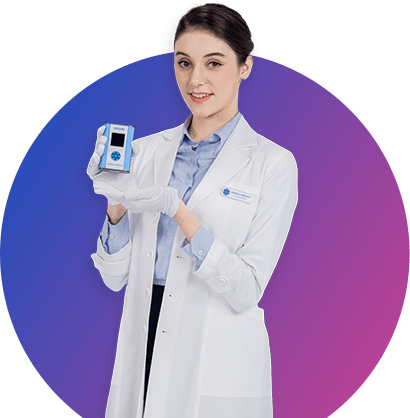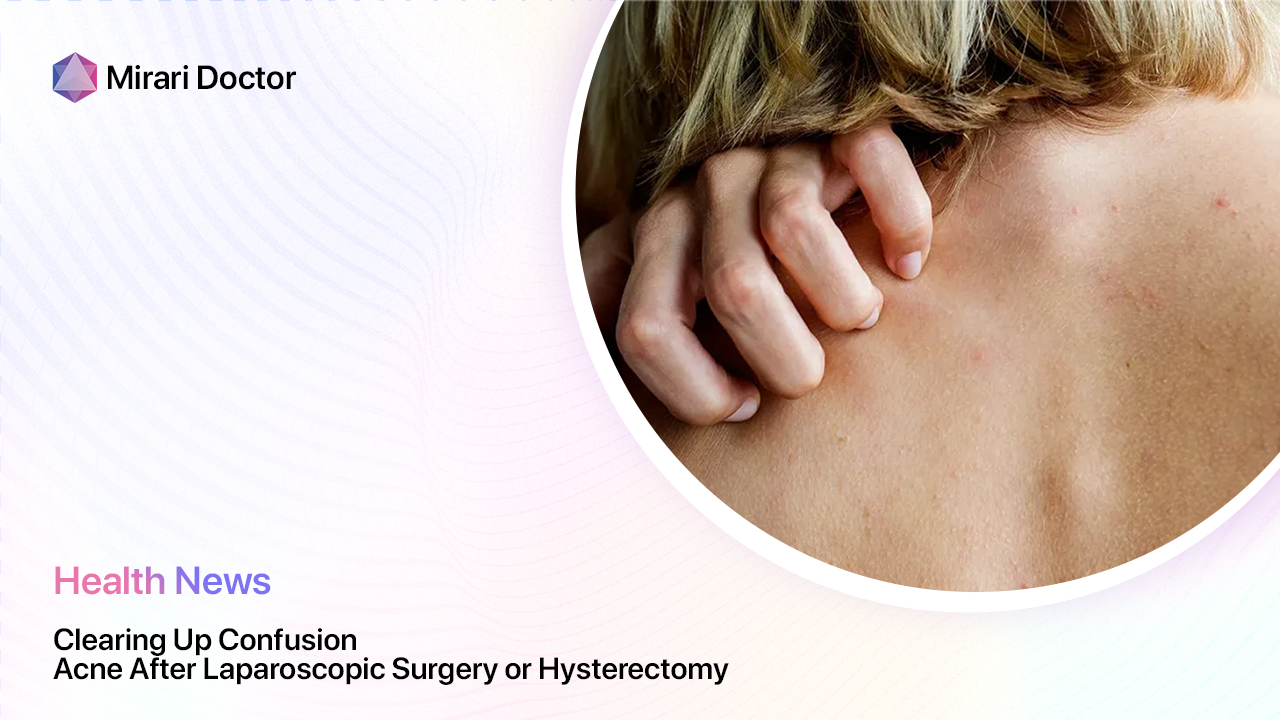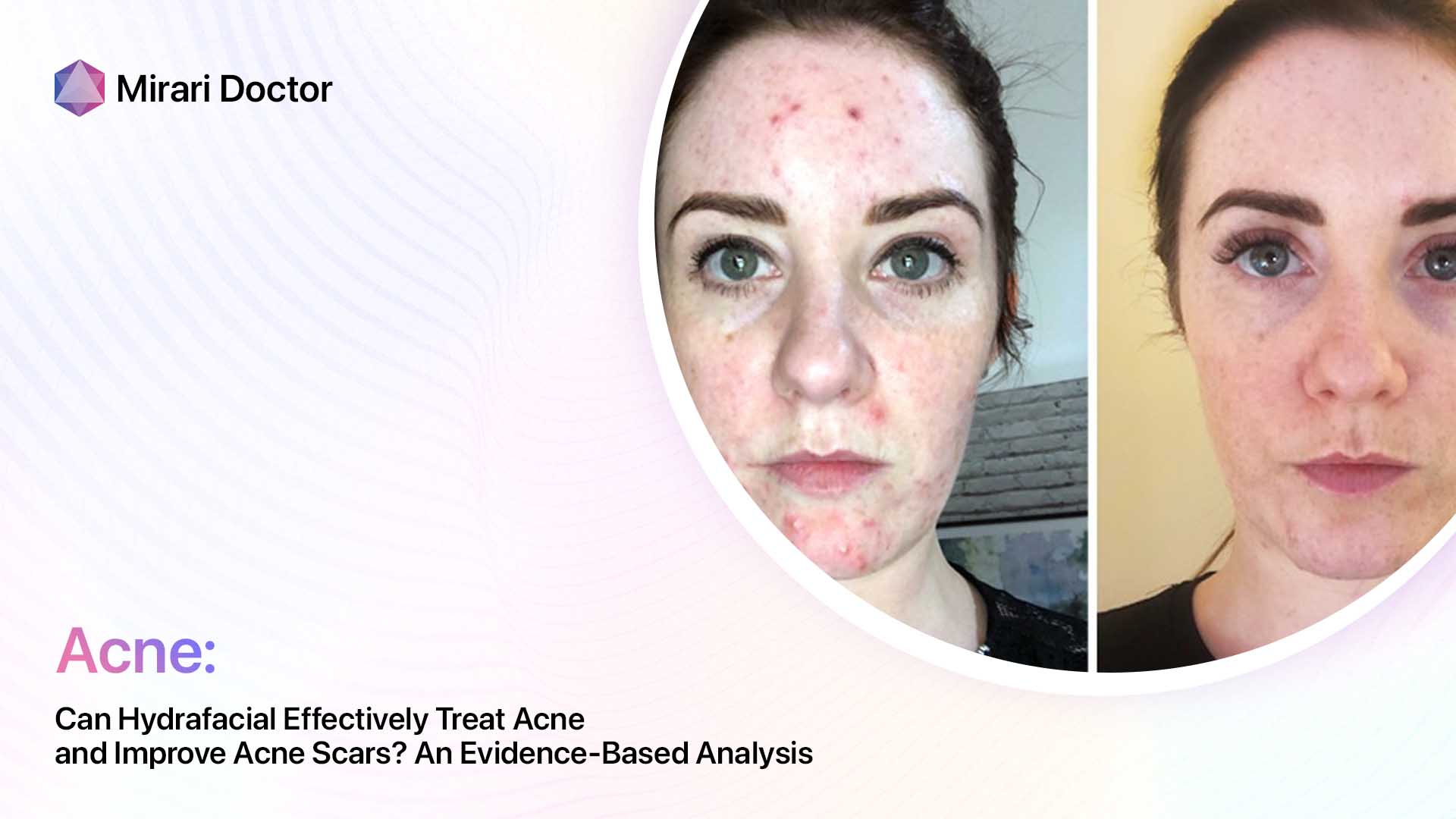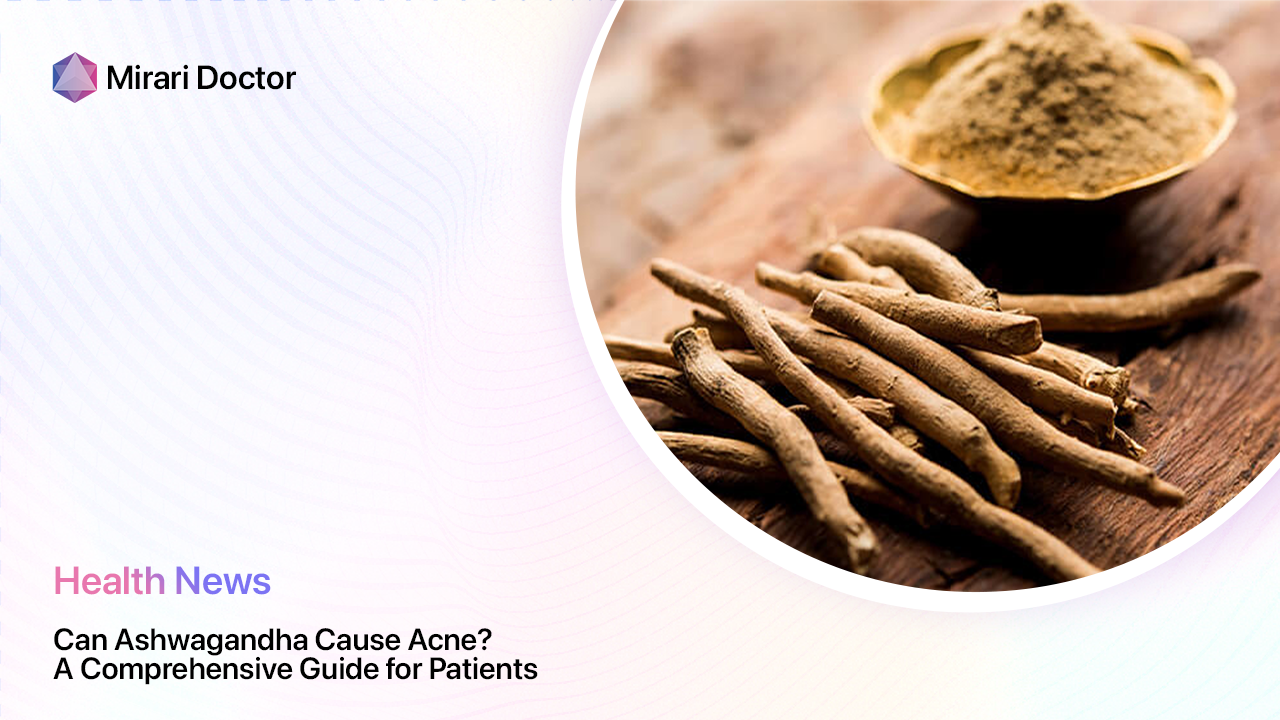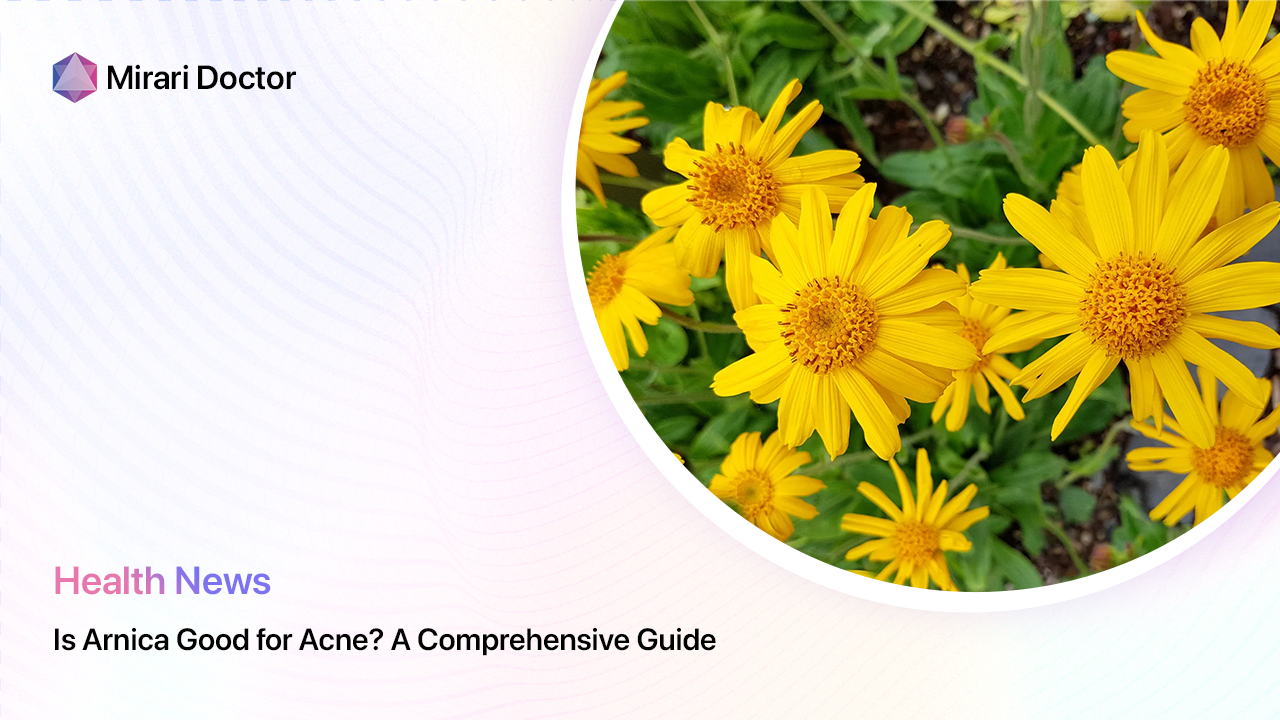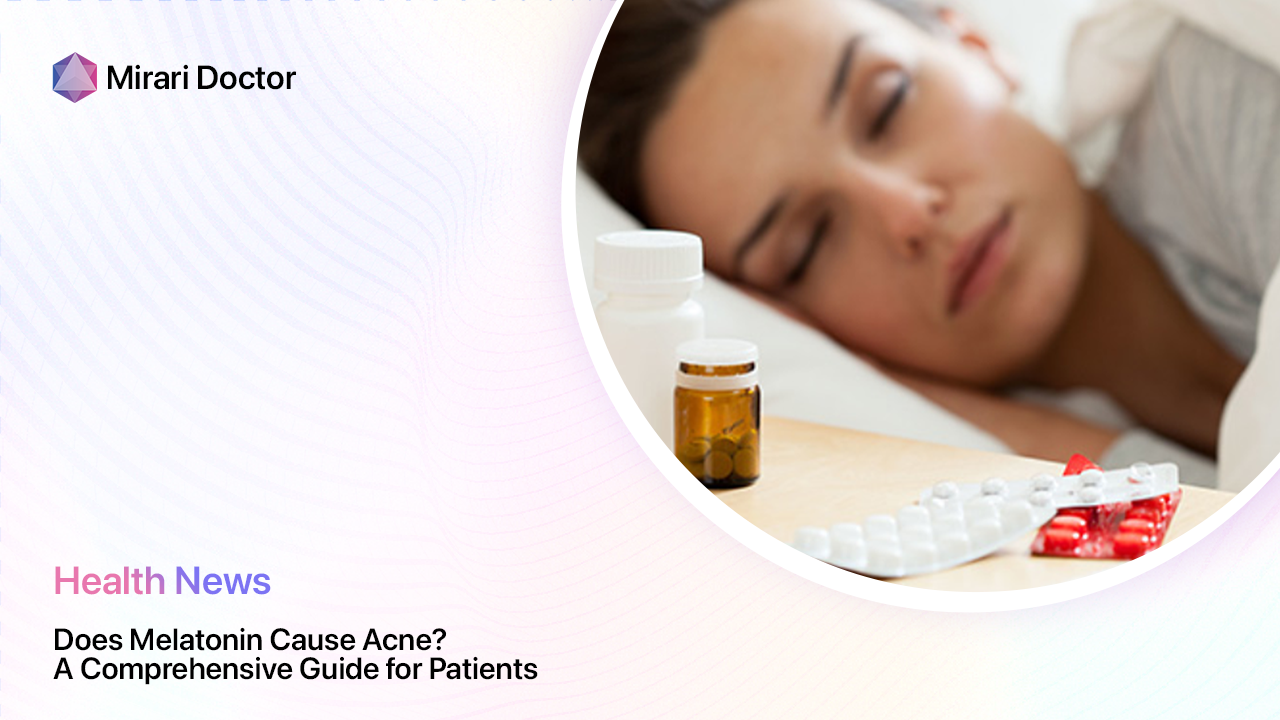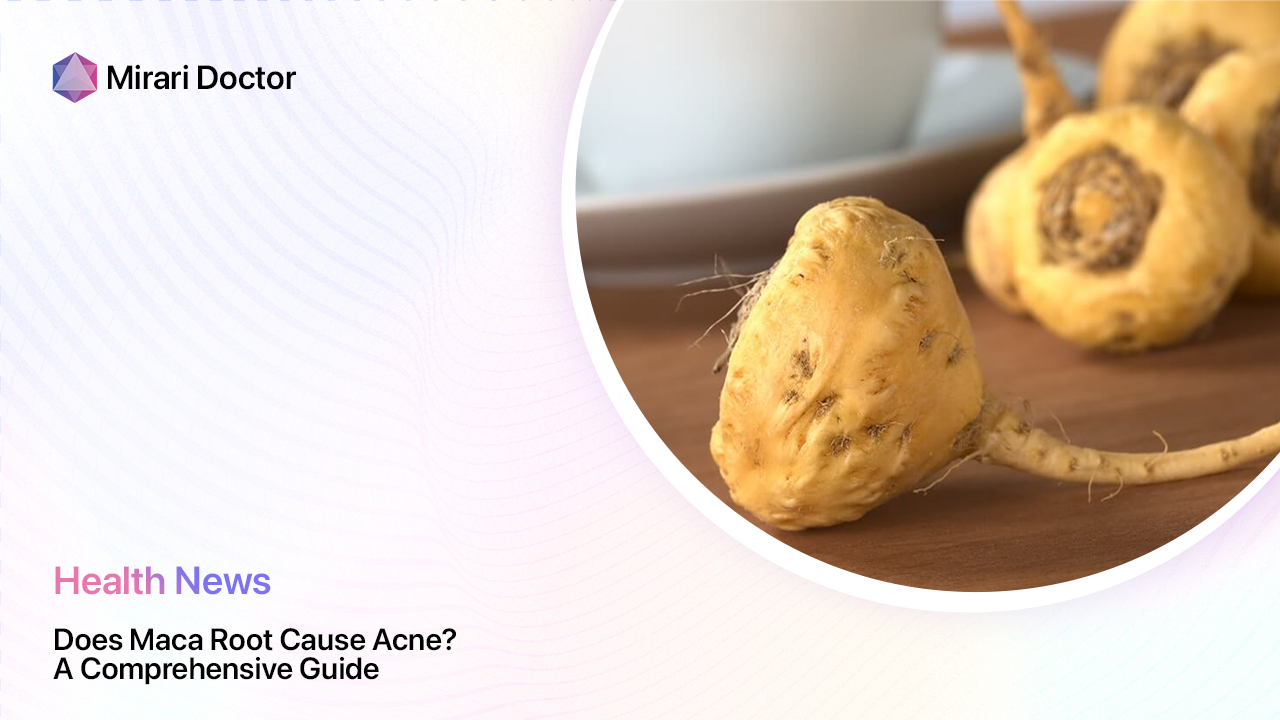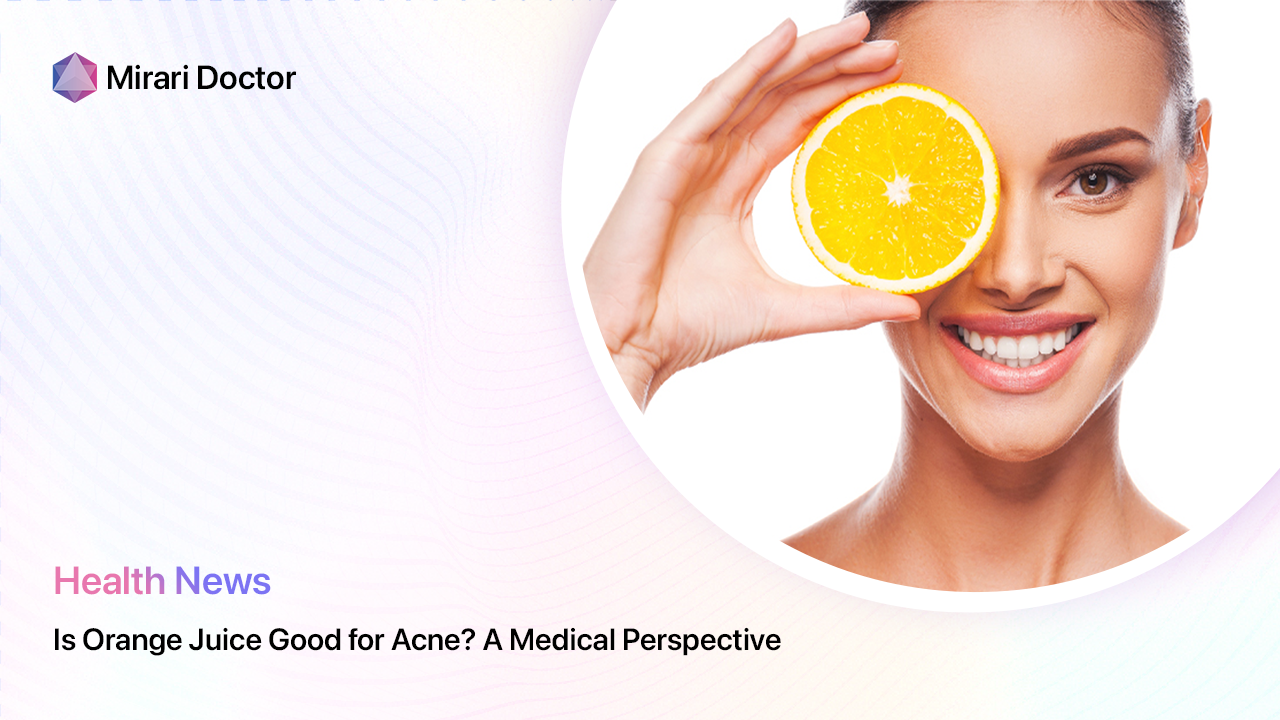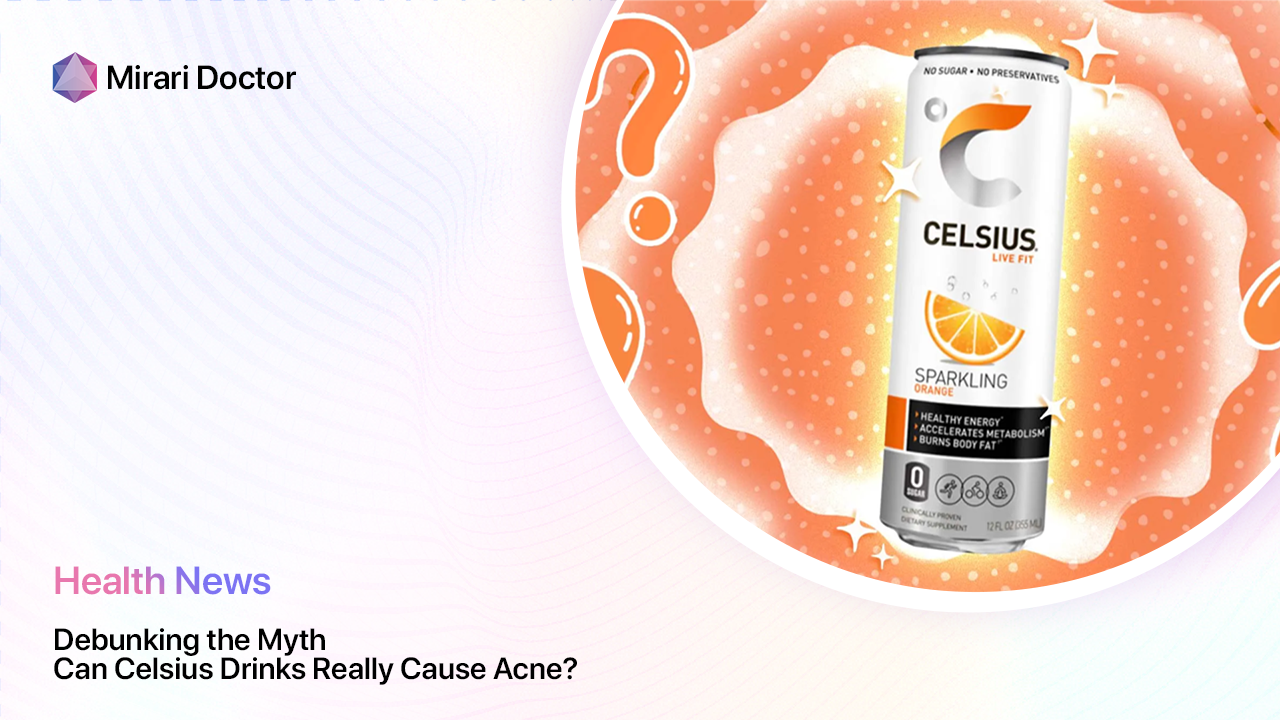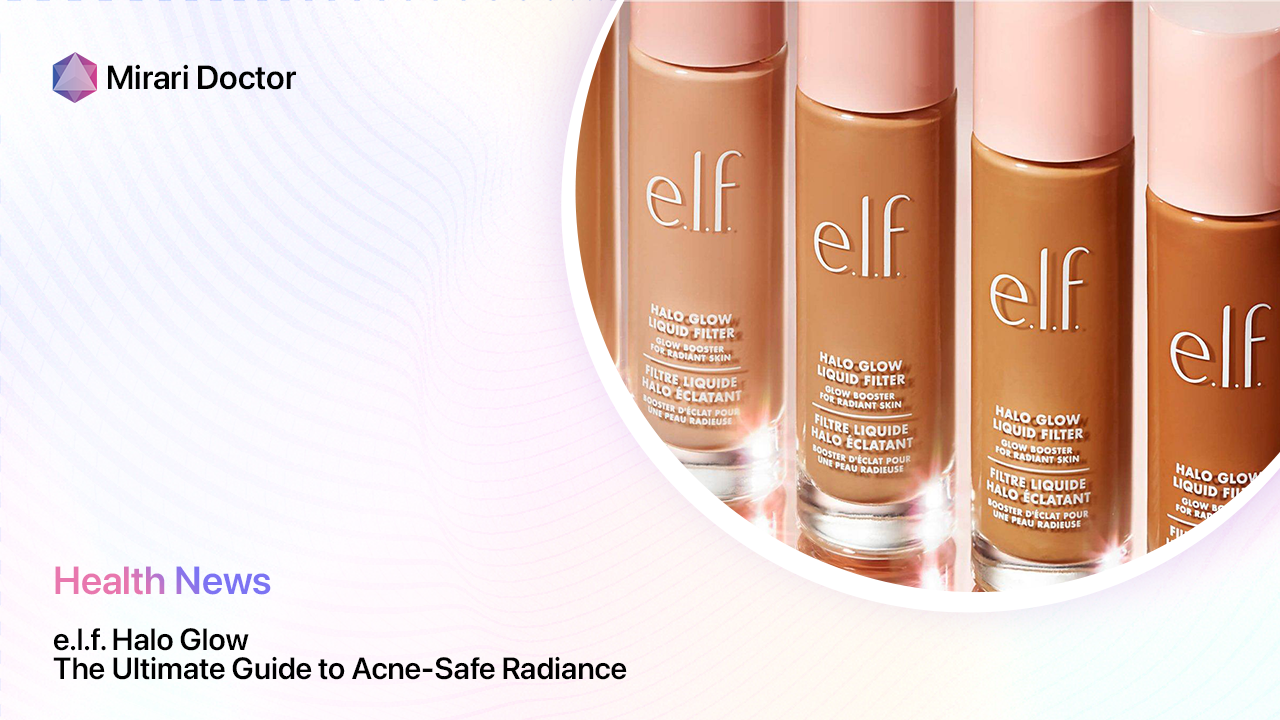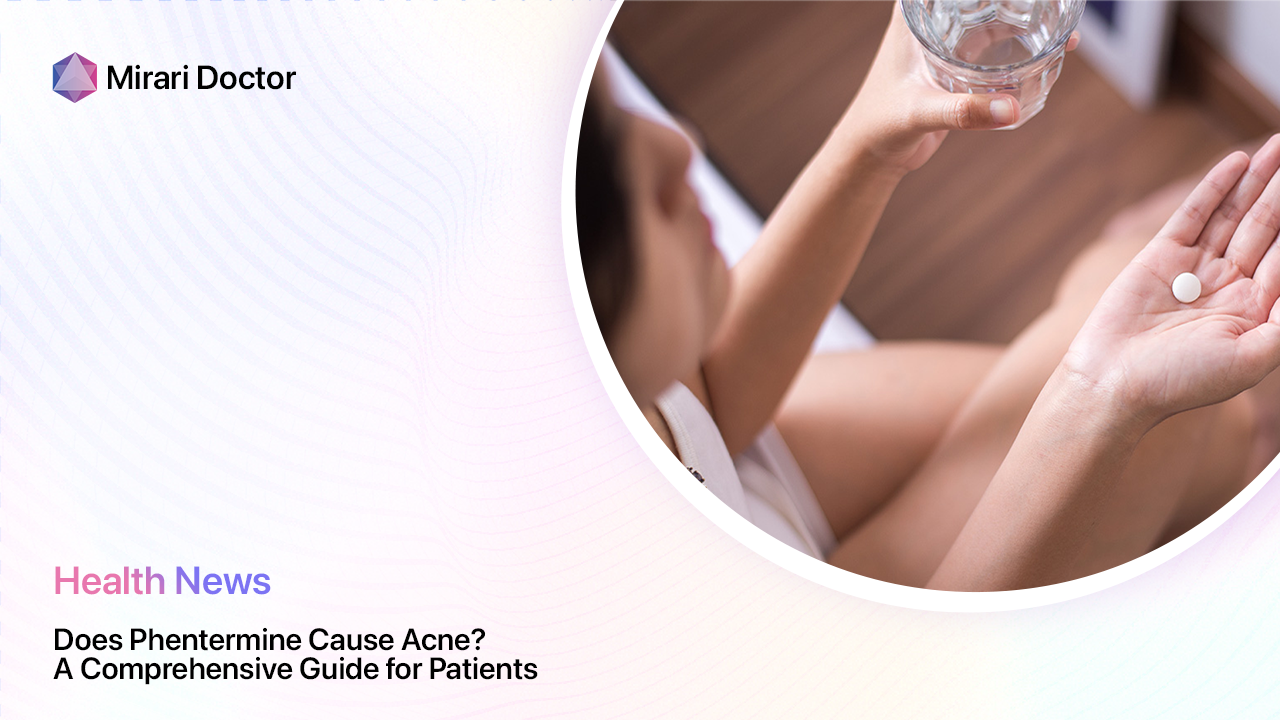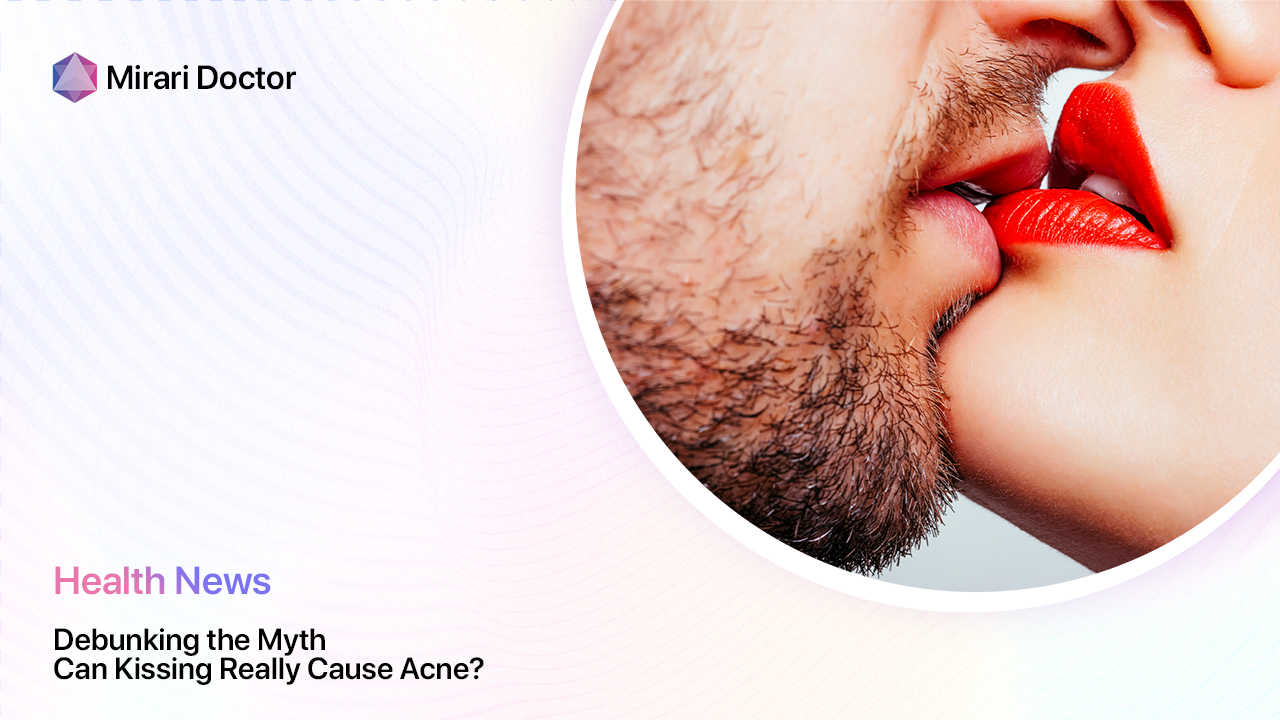
Have you ever heard the rumor that kissing can cause acne breakouts? It’s a common myth that has circulated for years, leaving many people wondering if locking lips with their crush could lead to an unwanted pimple or two. In fact, a whopping 85% of people aged 12-24 experience at least minor acne[1], so it’s no surprise that this skin condition is a major concern, especially for teens and young adults navigating the world of dating and relationships.
But is there any truth to the idea that kissing causes acne? The short answer is: not exactly. While kissing itself doesn’t directly cause acne, certain factors related to kissing can potentially contribute to or worsen breakouts in some cases. In this article, we’ll dive deep into the science behind acne, explore how kissing may impact your skin, and provide expert tips on preventing and treating those pesky pimples. So pucker up and get ready to learn the truth about kissing and acne!
What Is Acne?
Before we tackle the kissing question, let’s start with the basics: what exactly is acne? Acne is a skin condition that occurs when hair follicles become clogged with oil and dead skin cells[9]. These clogged pores can lead to different types of blemishes, including:
- Whiteheads: closed, flesh-colored bumps
- Blackheads: open bumps with a dark appearance (not caused by dirt)
- Papules: small, red, raised bumps that may be tender
- Pustules: papules with pus at the tip
- Nodules: large, solid, painful lumps beneath the skin
- Cysts: deep, pus-filled, often painful lumps[9]
Acne most commonly appears on the face, neck, chest, back, and shoulders, where oil glands are most active. While it affects people of all ages, acne is especially prevalent during the teenage years and young adulthood due to hormonal changes.
What Causes Acne?
Acne develops when a combination of factors come together to create the perfect storm for clogged pores and breakouts. Let’s take a closer look at some of the main culprits behind acne:
1. Hormonal Changes
Fluctuating hormone levels, particularly during puberty, menstruation, pregnancy, and menopause, can trigger an increase in oil production. Androgens, male hormones present in both males and females, stimulate the sebaceous glands to produce more sebum (oil). This excess oil can mix with dead skin cells and clog pores, leading to acne[3].
2. Genetics
If your parents or siblings had acne, you may be more likely to develop it too. Studies suggest that genetics play a significant role in acne susceptibility, with some people inheriting a tendency for overactive oil glands, clogged pores, or inflammation[7].
3. Diet
While the relationship between diet and acne is complex and varies from person to person, some studies have found links between certain foods and increased acne risk. High-glycemic foods (such as sugary snacks and drinks) and dairy products have been associated with acne in some individuals[8]. However, more research is needed to fully understand the impact of diet on acne.
4. Skincare Products
Using comedogenic (pore-clogging) skincare or makeup products can contribute to acne by blocking pores and trapping oil and bacteria. Look for non-comedogenic, oil-free products to minimize the risk of breakouts[3].
Can Kissing Cause Acne?
Now, let’s address the burning question: can locking lips lead to pimples? Here’s what you need to know:
1. The Myth of “Kissing Acne”
Contrary to popular belief, kissing itself does not cause acne. Acne is not contagious, so you can’t “catch” pimples from kissing someone who has them[1]. The bacteria that contribute to acne (Propionibacterium acnes) are already present on your skin, and they can’t be transmitted through saliva or skin-to-skin contact.
2. How Kissing Can Affect Your Skin
While kissing doesn’t directly cause acne, certain factors related to kissing can potentially irritate your skin or exacerbate existing breakouts:
- Friction and irritation: When kissing, your partner’s nose, facial hair, or stubble can rub against your face, causing friction and irritation that may lead to a type of acne called acne mechanica. This is especially true if your partner has rough facial hair or stubble[1].
- Oil and bacteria transfer: Kissing can lead to the exchange of oils, sweat, and bacteria between you and your partner’s skin. If your partner has oily skin or uses products that clog pores, this transfer may contribute to breakouts[1].
- Allergic reactions or sensitivities: You might experience a reaction or sensitivity to products your partner uses, such as lip balm, aftershave, or beard conditioner, which could cause skin irritation and breakouts[1].
To minimize the risk of acne flare-ups related to kissing, you can:
- Cleanse your face before and after kissing or sexual activity
- Encourage your partner to maintain good facial hygiene and use non-comedogenic products
- Ask your partner to shave or condition their facial hair to reduce friction
- Avoid resting your face on your partner’s chest, as sweat and oils can transfer and cause breakouts[1]
Remember, while kissing may contribute to acne in some cases, it is not the primary cause. Maintaining a consistent skincare routine, managing stress, and addressing any underlying hormonal issues are important for overall acne prevention and treatment.
Other Factors That Can Contribute to Acne
In addition to the factors mentioned above, several other elements can play a role in the development or worsening of acne:
1. Poor Hygiene
While acne isn’t caused by poor hygiene, not cleansing your face regularly can allow oil, dead skin cells, and bacteria to build up and clog pores. Aim to wash your face twice daily with a gentle, non-comedogenic cleanser, and avoid harsh scrubbing, which can irritate the skin[10].
2. Stress
Stress can trigger or worsen acne by increasing inflammation and oil production. When you’re stressed, your body releases cortisol, a hormone that can stimulate the sebaceous glands to produce more sebum. Engaging in stress-reducing activities like exercise, meditation, or hobbies can help manage stress and minimize its impact on your skin[2].
3. Medications
Certain medications, such as corticosteroids, lithium, and some hormonal birth control pills, can cause or exacerbate acne as a side effect. If you suspect a medication may be contributing to your acne, talk to your healthcare provider about potential alternatives or adjustments[3].
How to Prevent and Treat Acne
While you can’t completely prevent acne, there are several steps you can take to reduce your risk of breakouts and manage existing blemishes:
1. Proper Skincare Routine
Developing and maintaining a consistent skincare routine is crucial for managing acne-prone skin:
- Cleanse: Wash your face twice daily with a gentle, non-comedogenic cleanser to remove excess oil, dirt, and dead skin cells. Avoid harsh scrubs or over-washing, which can irritate the skin[10].
- Moisturize: Use a lightweight, non-comedogenic moisturizer to keep your skin hydrated and balanced. Dehydrated skin can trigger increased oil production, leading to more breakouts[10].
- Treat: Apply over-the-counter acne treatments containing benzoyl peroxide, salicylic acid, or alpha-hydroxy acids to help unclog pores, reduce inflammation, and prevent new blemishes from forming[10].
- Protect: Always use a broad-spectrum sunscreen with at least SPF 30 to shield your skin from UV rays, which can cause inflammation and hyperpigmentation[10].
2. Healthy Diet
While more research is needed to fully understand the link between diet and acne, some studies suggest that certain dietary changes may help improve acne-prone skin:
- Limit high-glycemic foods: Reduce your intake of sugary and refined carbohydrates, which can spike blood sugar and insulin levels, potentially triggering inflammation and oil production[8].
- Consider reducing dairy: Some studies have found an association between dairy consumption and acne, particularly skim milk. If you suspect dairy may be a trigger for your acne, try limiting your intake and see if your skin improves[8].
- Eat a balanced diet: Focus on consuming a variety of nutrient-rich whole foods, including fruits, vegetables, whole grains, lean proteins, and healthy fats. These foods provide essential vitamins and minerals that support skin health[8].
3. Stress Management
Managing stress is an important aspect of overall skin health. Incorporate stress-reducing practices into your daily routine to help minimize the impact of stress on your skin:
- Exercise regularly: Engaging in physical activity can help reduce stress, improve circulation, and promote overall well-being[2].
- Practice relaxation techniques: Try deep breathing, meditation, yoga, or other relaxation methods to calm your mind and body[2].
- Get enough sleep: Aim for 7-9 hours of quality sleep each night to allow your body and skin to repair and regenerate[2].
4. Medications and Topical Treatments
If over-the-counter acne treatments aren’t providing sufficient results, consult with a dermatologist about prescription medications or topical treatments:
- Topical retinoids: These vitamin A derivatives, such as tretinoin and adapalene, help unclog pores, reduce inflammation, and promote cell turnover[7].
- Antibiotics: Oral or topical antibiotics can help kill acne-causing bacteria and reduce inflammation[7].
- Hormonal therapies: For women with hormone-related acne, birth control pills or anti-androgen medications may be prescribed to regulate hormone levels and improve acne[7].
- Isotretinoin: For severe, cystic acne that doesn’t respond to other treatments, isotretinoin (Accutane) may be recommended. This powerful oral medication can effectively clear acne, but it requires close monitoring due to potential side effects[7].
Takeaways
- Kissing itself does not cause acne, as acne is not contagious.
- Certain factors related to kissing, such as friction, oil and bacteria transfer, and allergic reactions, can potentially contribute to or worsen acne breakouts.
- Acne is primarily caused by a combination of factors, including hormonal changes, genetics, diet, and skincare products.
- Maintaining a proper skincare routine, eating a balanced diet, managing stress, and using appropriate acne treatments can help prevent and manage breakouts.
- If over-the-counter treatments aren’t effective, consult with a dermatologist about prescription medications or topical treatments.
FAQs
Can you get acne from kissing someone with acne?
No, acne is not contagious, so you cannot “catch” acne from kissing someone who has it. However, certain factors related to kissing, such as friction or product transfer, may irritate your skin and potentially worsen existing acne.
Does kissing increase oil production and cause acne?
Kissing itself does not increase oil production. However, if your partner has oily skin or uses products that clog pores, the transfer of these substances during kissing may contribute to breakouts.
Can kissing cause acne mechanica?
Yes, the friction and rubbing that can occur during kissing, especially if your partner has facial hair or stubble, may lead to a type of acne called acne mechanica. This is caused by the physical irritation of the skin.
How can I prevent acne flare-ups related to kissing?
To minimize the risk of acne flare-ups related to kissing, cleanse your face before and after kissing, encourage your partner to maintain good facial hygiene and use non-comedogenic products, ask your partner to shave or condition their facial hair to reduce friction, and avoid resting your face on your partner’s chest.
What should I do if I notice breakouts after kissing?
If you notice breakouts after kissing, continue following your regular skincare routine, including cleansing, moisturizing, and using acne treatments as needed. If the breakouts persist or worsen, consult with a dermatologist for personalized advice and treatment options.
References
- https://everyonesmd.com/blog/acne/does-kissing-cause-acne
- https://www.medicalnewstoday.com/articles/321411
- https://www.webmd.com/skin-problems-and-treatments/acne/acne-causes
- https://www.healthdirect.gov.au/acne
- https://www.webmd.com/skin-problems-and-treatments/acne/10-tips-for-preventing-pimples
- https://acnespecialists.com/makeout-breakouts/
- https://www.nhs.uk/conditions/acne/causes/
- https://my.clevelandclinic.org/health/diseases/12233-acne
- https://www.healthline.com/health/skin/acne
- https://www.healthline.com/health/acne/how-to-prevent-pimples
- https://acnetreatmentskincareslc.com/can-kissing-cause-breakouts/
Related articles
Made in USA
